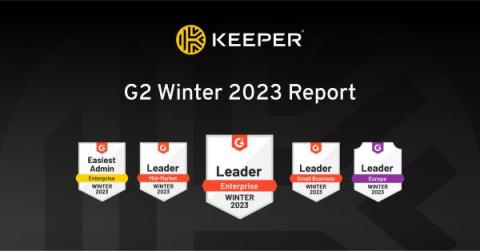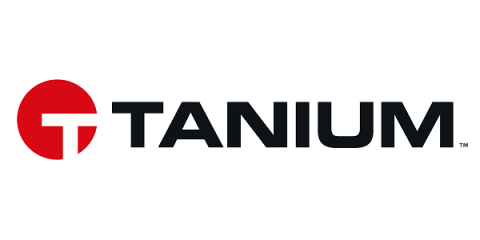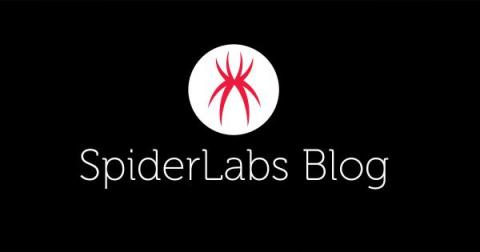Cluster Autoscaling During Kubernetes Backup and Recovery
Companies often see seasonal business spikes with periods of increased on-line demand or activity. To meet the changing application demands, Kubernetes has become the platform of choice to automatically scale web applications and infrastructure up and down. Autoscaling in Kubernetes adjusts the resources that are available to run the application or service, while minimizing the cost of those resources.











